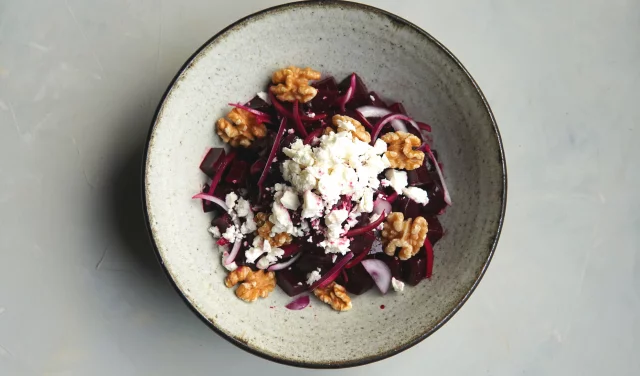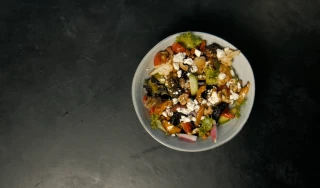
Proper digestion
Have you ever seen the TV series ‘Archie Bunker’? Then you probably remember Archie Bunker calling his son-in-law meatball all the time. For a long time the expression was, you are what you eat. But nutritional experts now know better. It is not what you eat, but what you digest and absorb that determines what you are.
Digestion already starts before you put food in your mouth
All your senses, like vision, smell and touch trigger your digestion, even before you start eating. By creating a beautiful table, giving attention to your food preparation and enjoying the lovely smells that emerge while cooking, you are supporting your digestion. Let your mouth water end make every meal as pleasant as possible!
Chew your food
Are you always the first to finish your food? Do you chew your food 5-6 times before you swallow? Then you can have a lot to gain by starting better chewing: best is to chew your food around 20 times. This is probably hard to achieve when you aren’t used tot his. Try to become more mindful about the way you eat and you will find that your digestion will improve and that you will be more saturated; saturation only starts after 20 minutes.
Impact of stress on proper digestion
Take some time to slow down before you eat. Take a deep breath and relax: there are many short meditations that can help you become more mindful before eating. This is why praying before dinner is so beneficial. Take a look at our reflection or breathing section form calming techniques to support your digestion.
Stomach acid is crucial to break down your food
This is why it is best not to drink while eating. Drinking during meals will dilute your stomach acid, which in particular reduces your protein digestion. Try to stop drinking around 20 minutes before your meal and your digestion will thank you for it!
Too little stomach acid can cause heartburn
When there is too little stomach acid and the pancreas doesn’t produce its enzymes sufficiently, food will stagnate at the top of the stomach. Heartburn is not the result of excess stomach acid, but of the slowing down of stomach function, which causes the food to "acidify" and push upwards (reflux) due to the long stay in the stomach. This problem is often misdiagnosed and treated with antacids, which only perpetuates this problem.
The most common causes of too little stomach acid are:
- Stress
- Use of antacids
- Old age
- Surgical procedures in the stomach (gastric resection, gastric reduction)
Take some beetroot juice or water with a squeezed lemon, 30 minutes before your meal and see if this helps!


